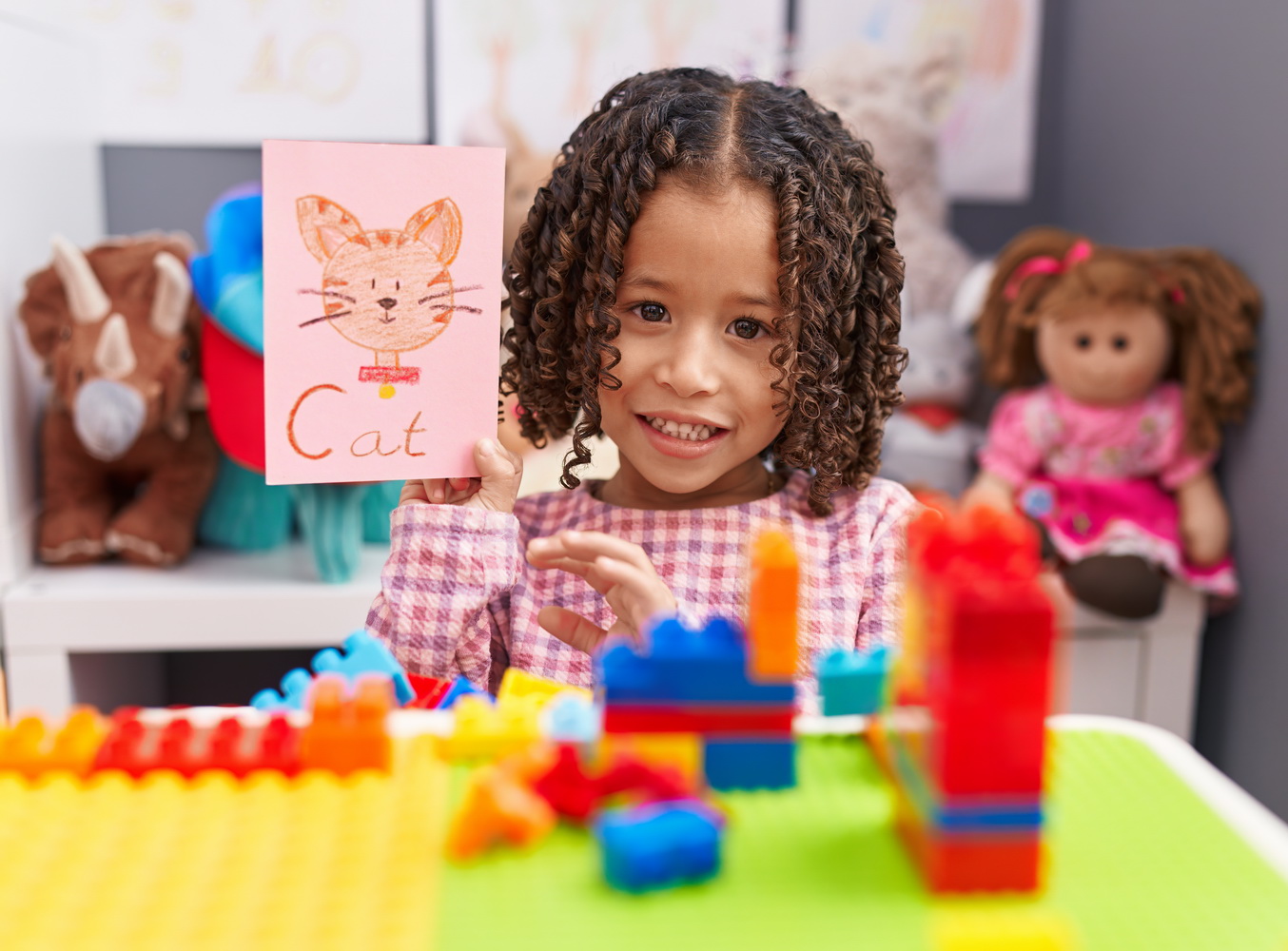Cognitive Development Alphabet Worksheets for Ages 6-7
11 filtered results
-
From - To
Unlock your child’s potential with our Cognitive Development Alphabet Worksheets for Ages 6-7! These engaging, age-appropriate activities are designed to promote critical thinking, problem-solving, and reasoning skills while making learning fun. As children explore letters and their sounds, they enhance their cognitive abilities through interactive exercises that stimulate creativity and curiosity. Our worksheets are tailored to nurture a love for learning, designed to fit seamlessly into any educational setting, whether at home or in the classroom. Empower your young learners to develop essential skills that lay the foundation for lifelong success. Download now and watch their minds grow!
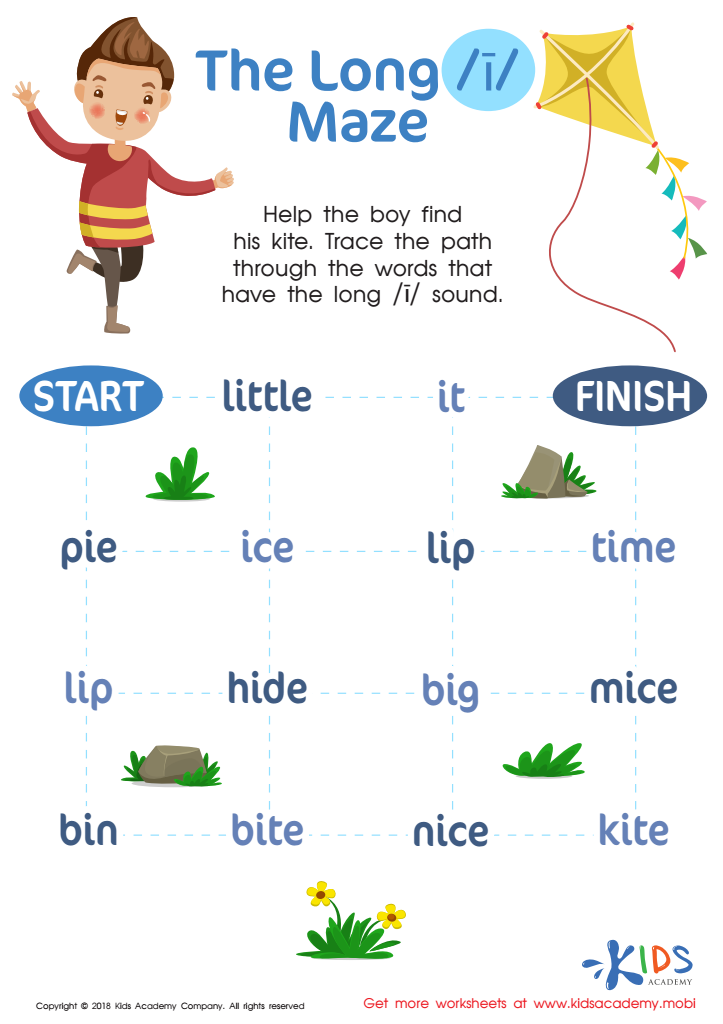

The Long I Maze Reading Worksheet


Rhymes in Poems Worksheet
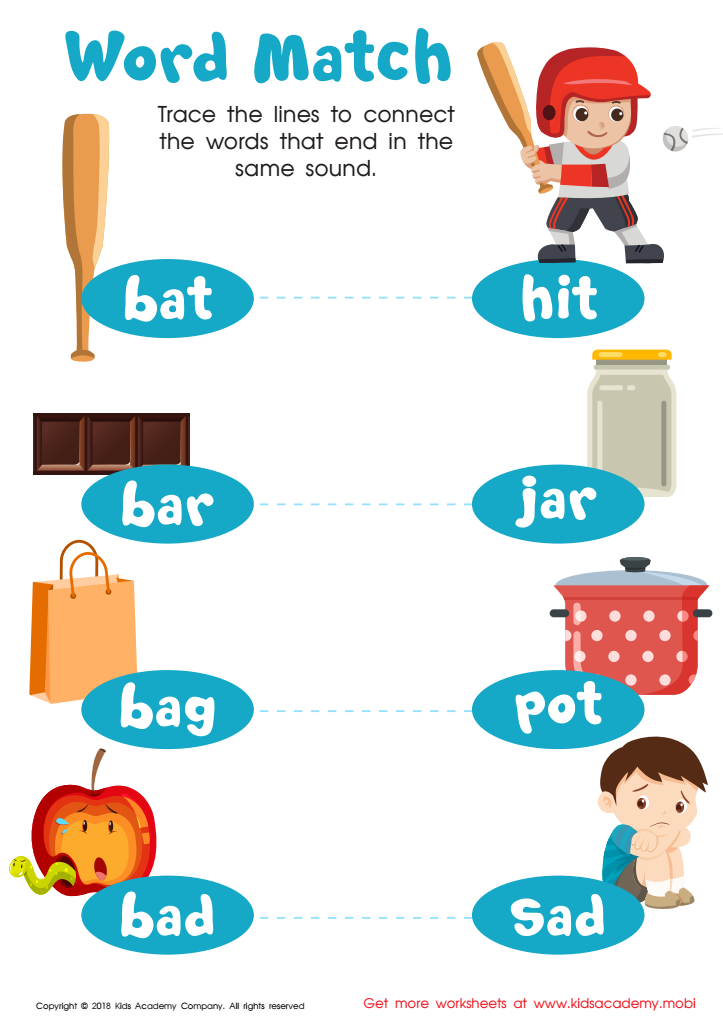

Word Match Reading Worksheet
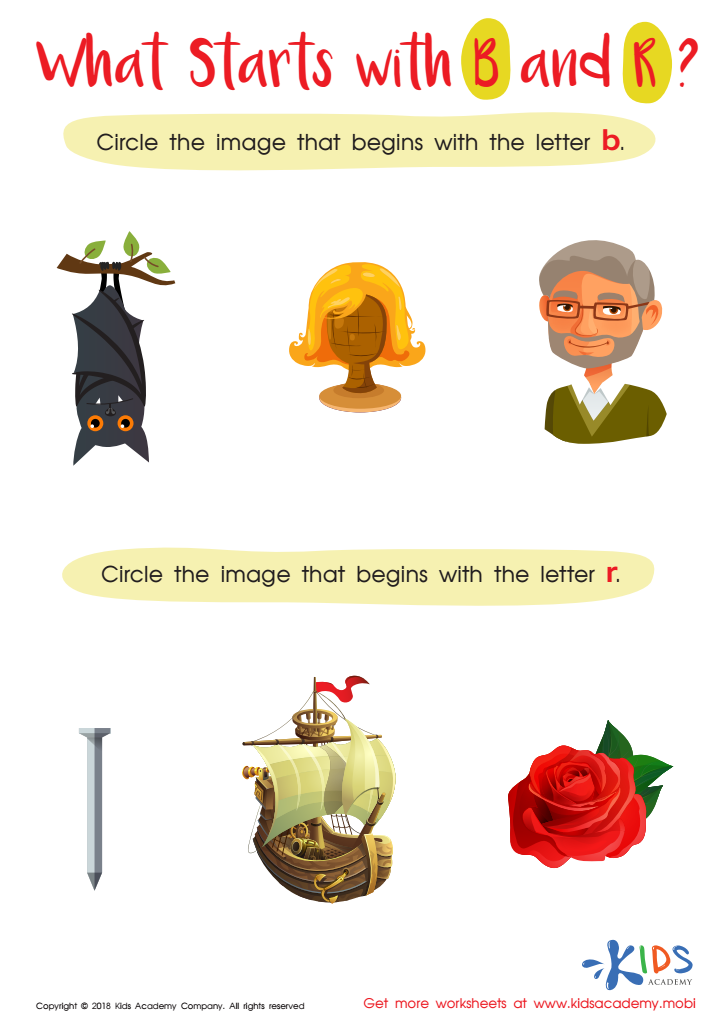

What Starts with B and R? Worksheet
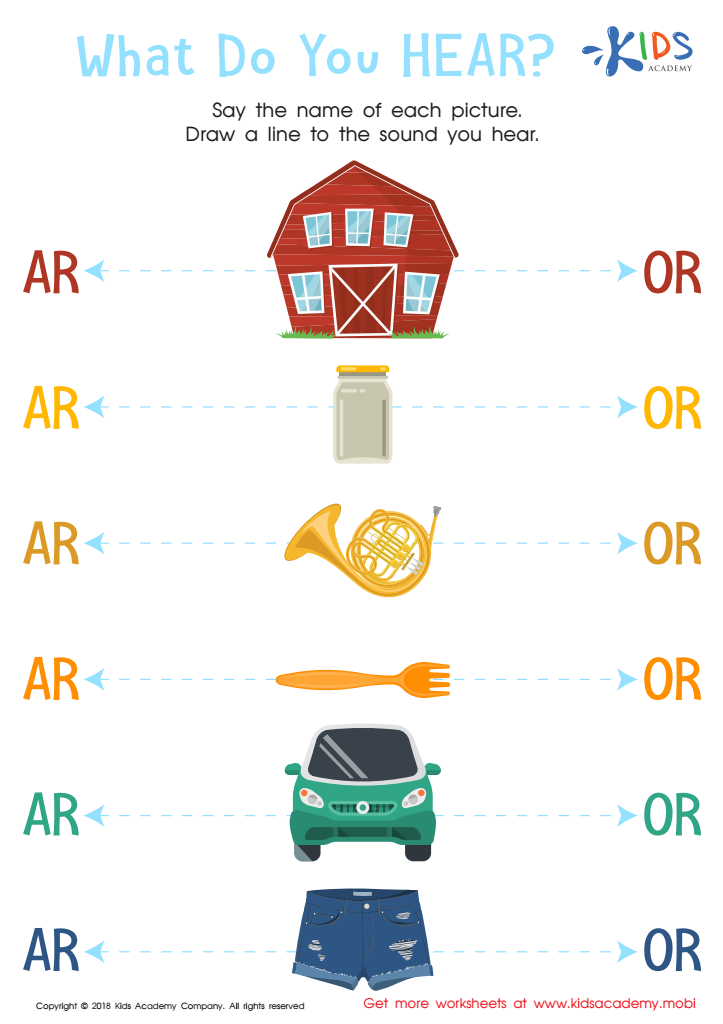

What do you hear Worksheet
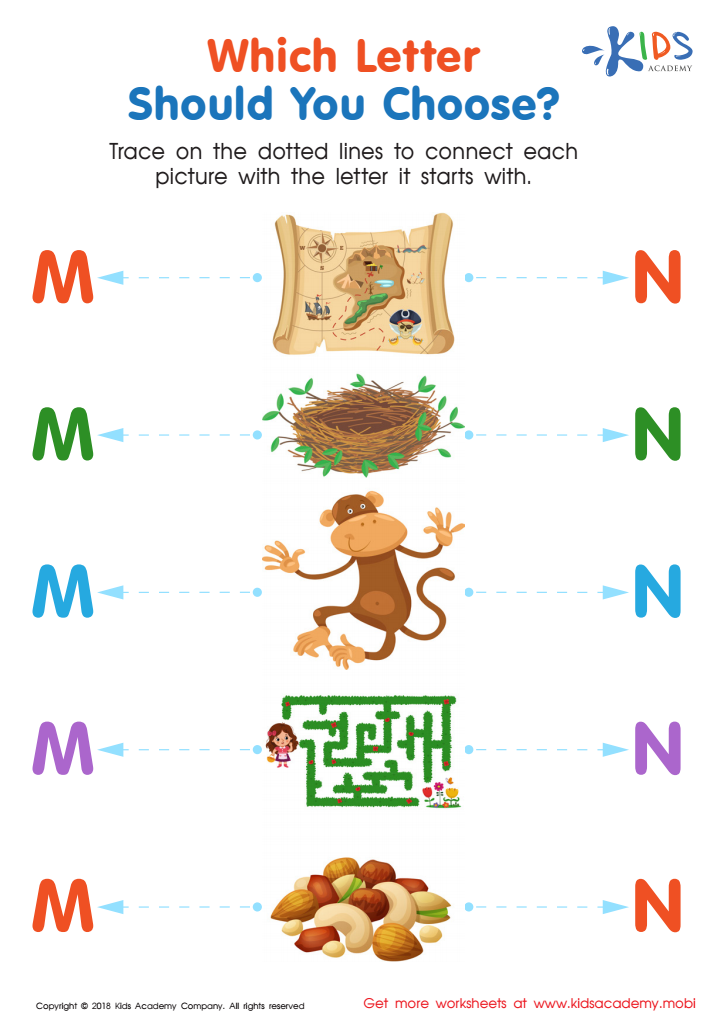

Which Letter Should you Choose? Worksheet
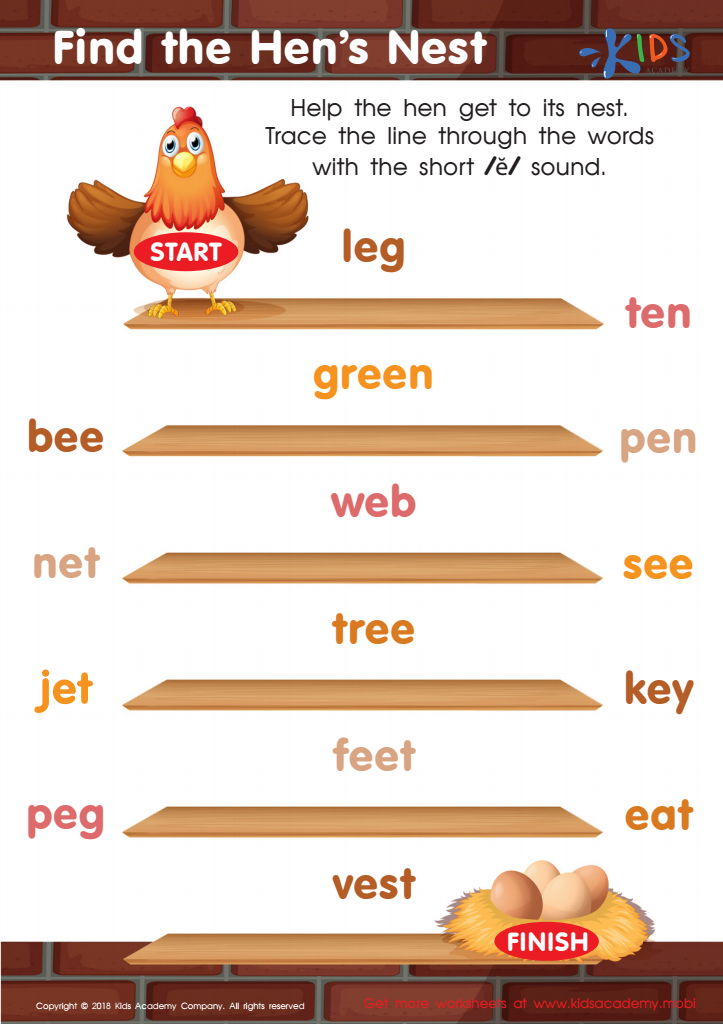

Find Hens Nest Reading Worksheet
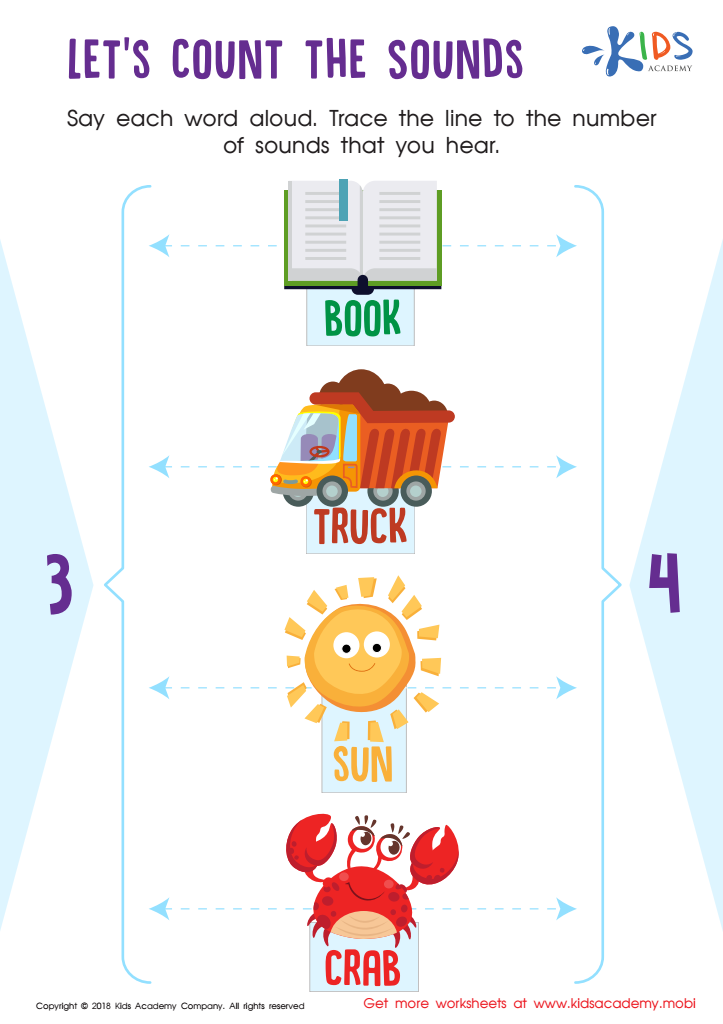

Let's Count the Sounds Worksheet
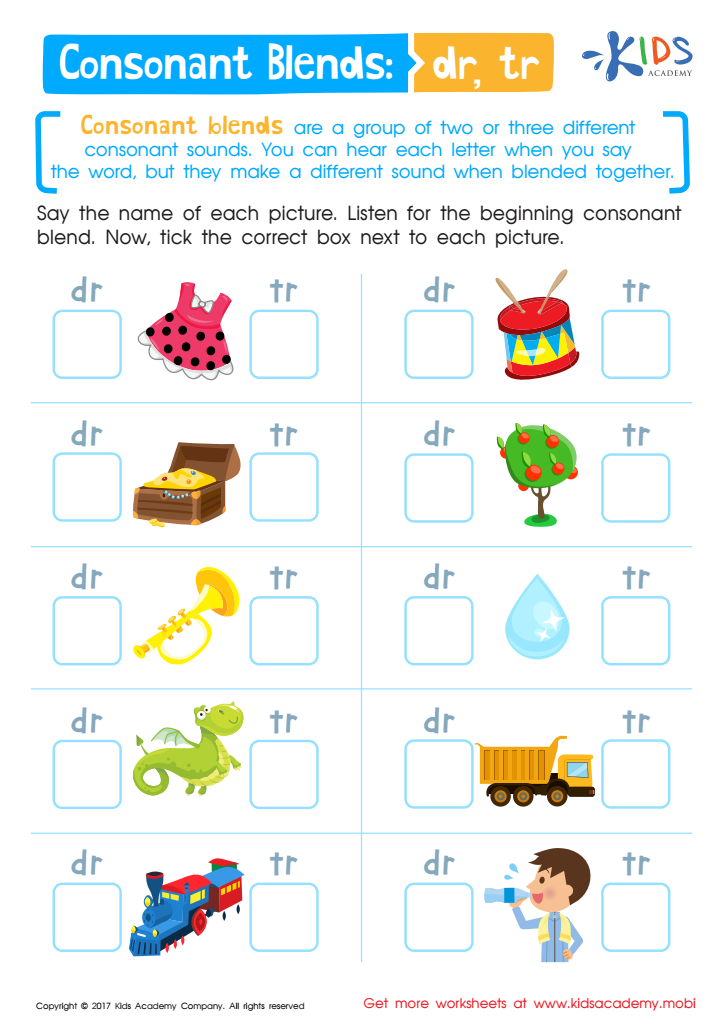

Consonant Blends: "Dr" and "Tr" Printable
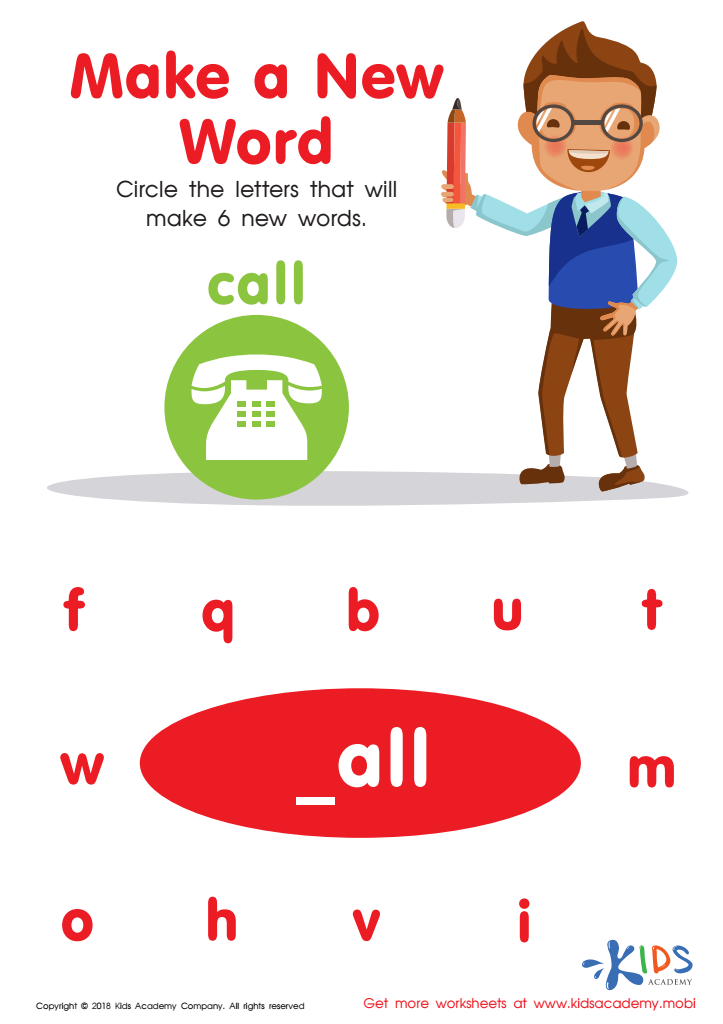

Make a New Word Worksheet
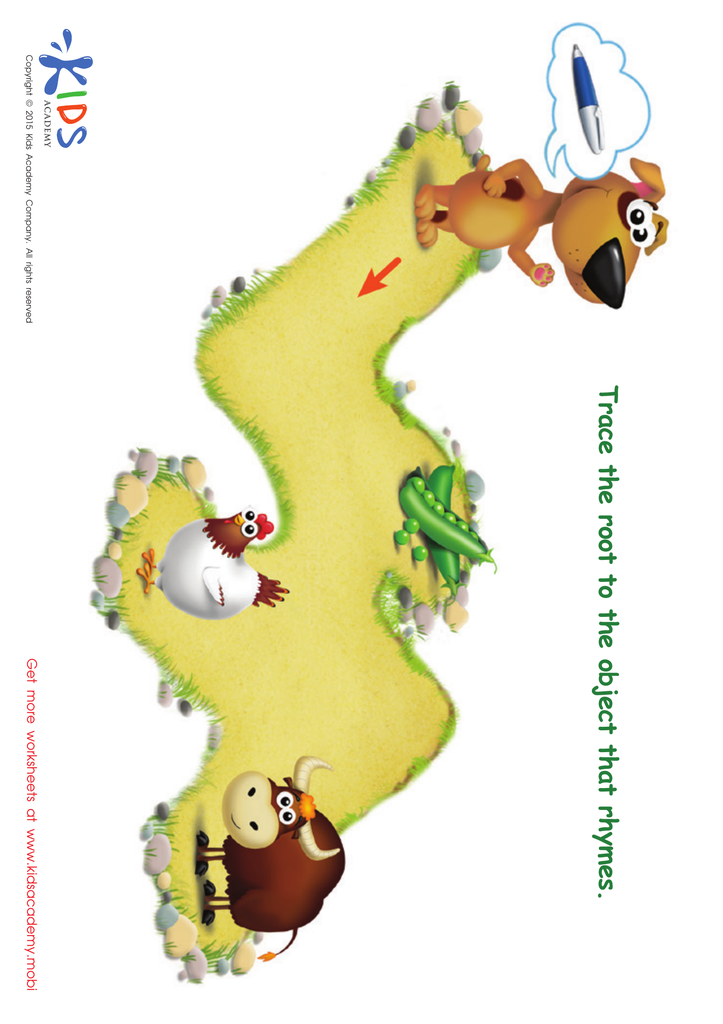

Pen Rhyming Words Worksheet
Cognitive development during ages 6-7 is crucial as children transition into complex thinking processes, including reasoning, problem-solving, and critical thinking. The Cognitive Development Alphabet identifies key concepts that support cognitive growth at this stage, emphasizing the importance of early guidance from parents and teachers.
At this age, children begin to engage more fully with their environment, understand cause and effect, and think logically. Concepts like attentiveness, memory, and spatial awareness are pivotal as they learn to process information effectively. By building a solid foundation in cognitive skills, children enhance their capacity for academic learning, which will benefit them in school subjects like math, science, and reading.
Parents and teachers play a vital role in fostering cognitive development. By creating stimulating learning environments, encouraging curiosity, and incorporating play-based learning, they can assist in developing higher-order thinking skills. Understanding the Cognitive Development Alphabet enables caregivers to implement strategies that support brain growth, enhance language skills, and develop emotional intelligence. Ultimately, investing time and resources in cognitive development not only shapes a child's academic trajectory but also their ability to navigate the complexities of life, setting the stage for future success.
 Assign to My Students
Assign to My Students



